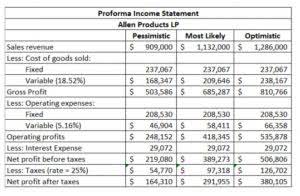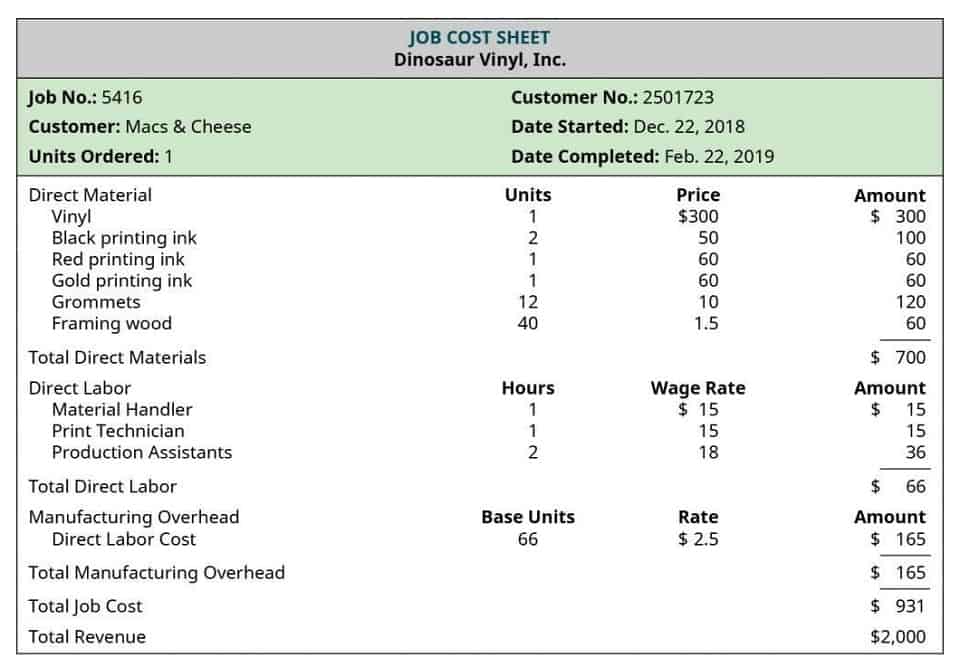
The going concern concept is a fundamental accounting principle that assumes a business will continue its operations for the foreseeable future. This assumption influences financial reporting, valuation of assets and liabilities, and business decision-making. If a company is not trial balance considered a going concern, its financial statements must be prepared on a liquidation basis, impacting investors, creditors, and other stakeholders.
Going-Concern Value vs. Liquidation Value
It means that transactions like purchase and sale of goods, rent payment, expenses payment, earning of revenue, etc., will be recorded in the books of accounts of the firm. However, transactions or happenings, like the research department’s creativity, machinery breakdown, etc., will not be recorded in the books of accounts of the firm. IAS 1 required management to assess whether their company is able to run for the foreseeable period or not. Financial statements are prepared at cost and not on the basis of current market value. In such a case, if the company in an event of liquidation, will have assets valued at the market value, and as such these values will be different from the value determined at cost. The concept of depreciation and amortization are based on the assumption that a business will continue to perform its operations in the near future (this period is the next 12 months after an accounting period).

Going Concern Concept Examples, Advantages, Disadvantages (
In accrual accounting, the financial statements are prepared under the going concern assumption, i.e. the company will remain operating into the foreseeable future, which is formally defined as the next twelve months at a bare minimum. The going concern concept states that a business will continue its operations for the foreseeable future. This implies that the company will not be forced to discontinue its operations and liquidate its assets at extremely low costs. The going concern assumption is one of the three fundamental accounting assumptions, along with the accrual basis and consistency assumptions. These assumptions provide a foundation for preparing financial statements and ensuring comparability across reporting periods.
Role of Auditors and Management in Assessing Going Concern
- Stakeholders may place too much emphasis on the going concern assumption, overlooking other factors that could affect a company’s financial health and long-term prospects.
- This may involve implementing cost-cutting measures, securing additional financing, or exploring strategic alternatives.
- Some warning signs that may indicate a company’s inability to continue as a going concern include declining revenues, increasing liabilities, persistent operating losses, and negative cash flows.
- The more years that are given, the better it is for the company’s future stability.
- When a government company gets into financial trouble and struggles to pay its debt.
- Experienced accountants keep the entire accounts rule in mind when preparing an accounts book.
These accounting concepts collectively form the basis for financial reporting, enabling businesses to prepare accurate and reliable financial statements that are useful Sales Forecasting for various stakeholders, including investors, creditors, and management. Adhering to these principles fosters consistency and transparency in financial reporting, enhancing the credibility of a company’s financial information. The accounting period concept defines the time span at the end of which an organization has to prepare its financial statements to determine whether they have earned profits or incurred losses during a specified time span.


One of the larger repercussions of not being a going concern is the credit challenge. New lenders are unlikely to issue new credit, at least at a reasonable interest rate. Therefore, it may be noted that companies that are not going concerns may need external financing, restructuring, or asset liquidation. Businesses rely on the going concern assumption to plan for investments, resource allocation, and growth strategies over extended periods. The going concern assumption – i.e. the company will remain in existence indefinitely – comes with broad implications on corporate valuation, as one might reasonably expect. This company filed for bankruptcy in 2011 and was expected to close its doors because the demand for the product or service had decreased significantly over time.
- If no assurance was given on how long a business would be around, this could make operations difficult for everyone involved.
- It is possible for a business to alleviate an auditor’s perspective on its going concern status by ensuring a third-party guarantee the debts of the company or agreeing to give extra funding when needed.
- This assumption holds that the company will not be forced to sell its assets or cease operations because of financial pressures or some other such problem.
- This determination, based on a study of the company’s financials, is generally understood to be good for at least 12 months.
- If the company is not expected to continue operations i.e. it is required (or reasonably expected) to wind up, its financial statements are prepared using break-up basis.
- However, if the company is going out of business, it would have to sell off its assets – sewing machines, fabric, etc.
Determining the Ongoing Concern of a Business
- This is where a candidate explores all possible options rather than coming to a conclusion as to the auditor’s opinion, depending on the circumstances presented in the question.
- The going concern concept assumes that an organization would continue its business operations indefinitely.
- In simple words, an organization should not waste its time on immaterial facts that do not help in determining its income for the period.
- Companies can prepay and accrue expenses only when they and their trade partners believe that they will not shut down operations in the foreseeable future.
- Equipment is depreciated over the given life, and revenues are recognised on the basis of sales generated from operations.
However, businesses must regularly assess financial risks, disclose potential concerns, and adopt strategies to maintain sustainability. Auditors play a crucial role going concern concept example in verifying going concern assumptions, ensuring transparency for investors and stakeholders. By adhering to the principles of the going concern concept, businesses enhance financial integrity and long-term success.

